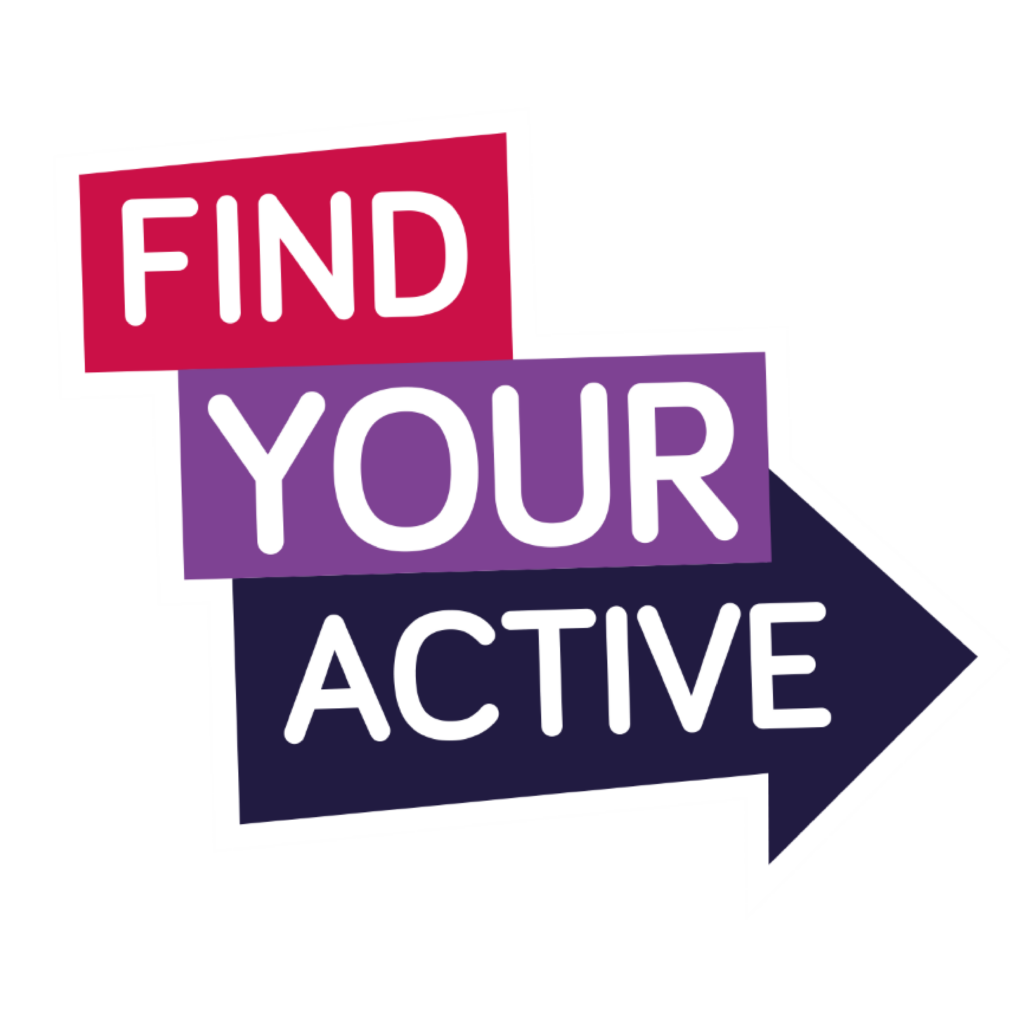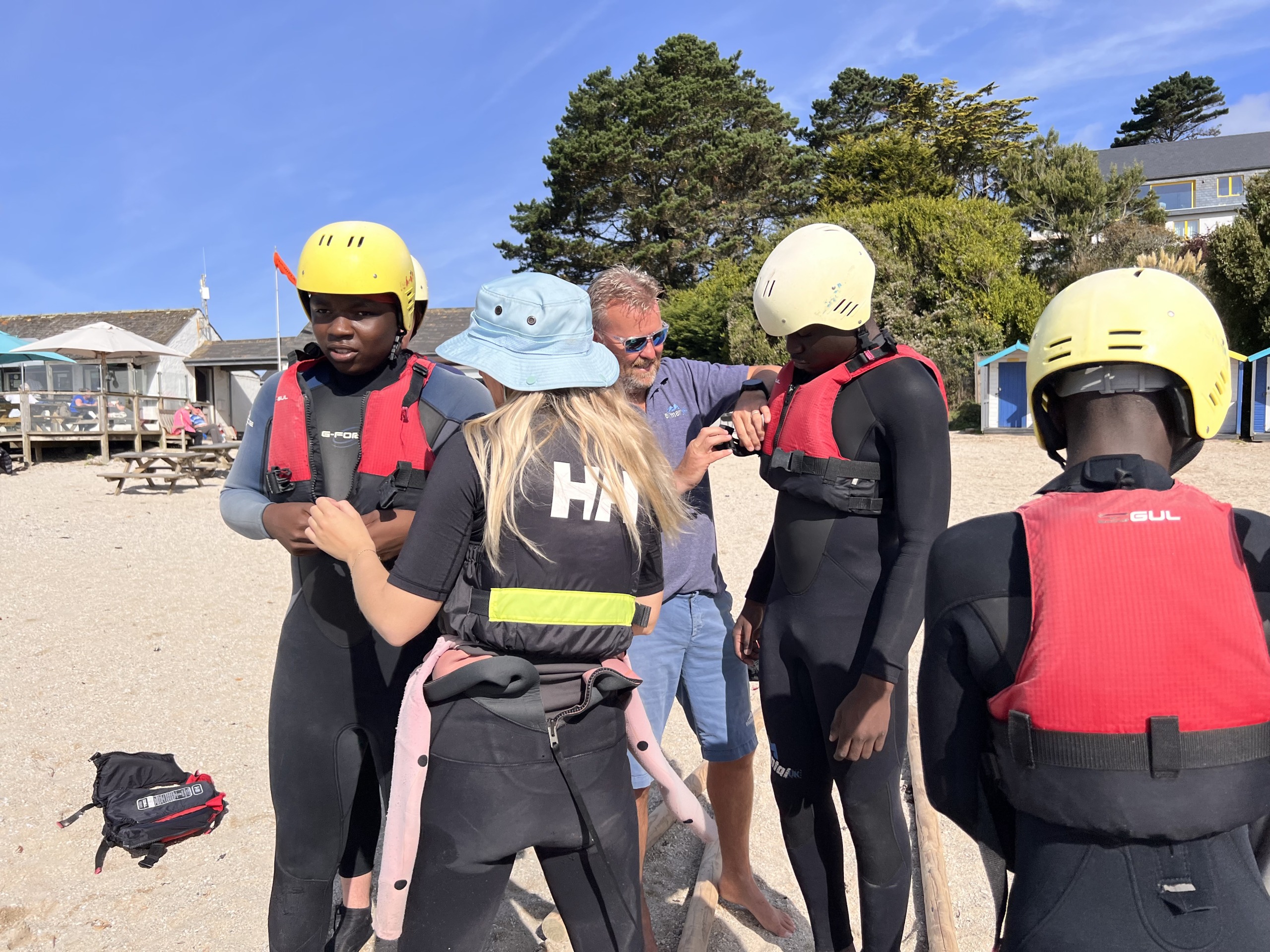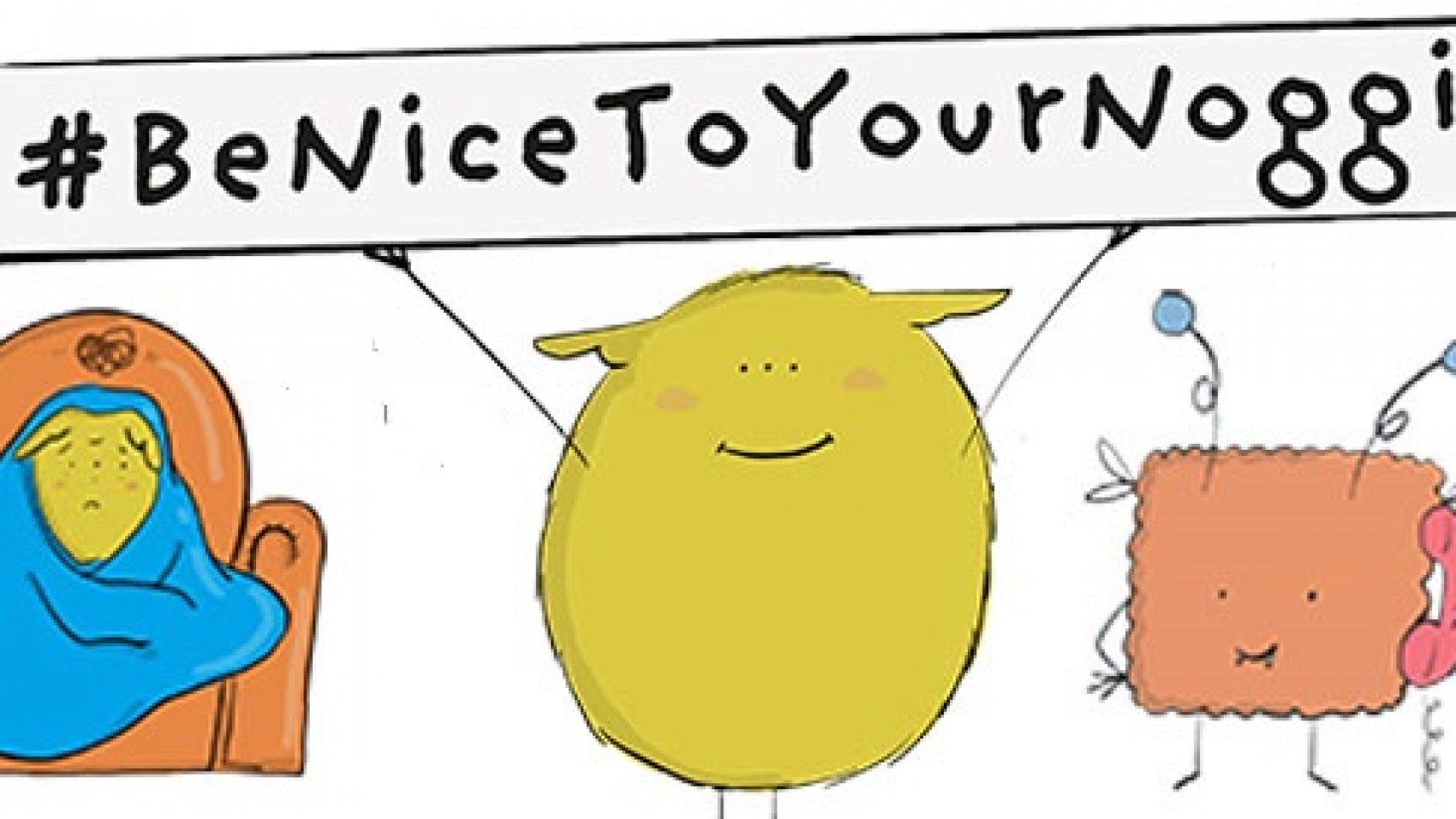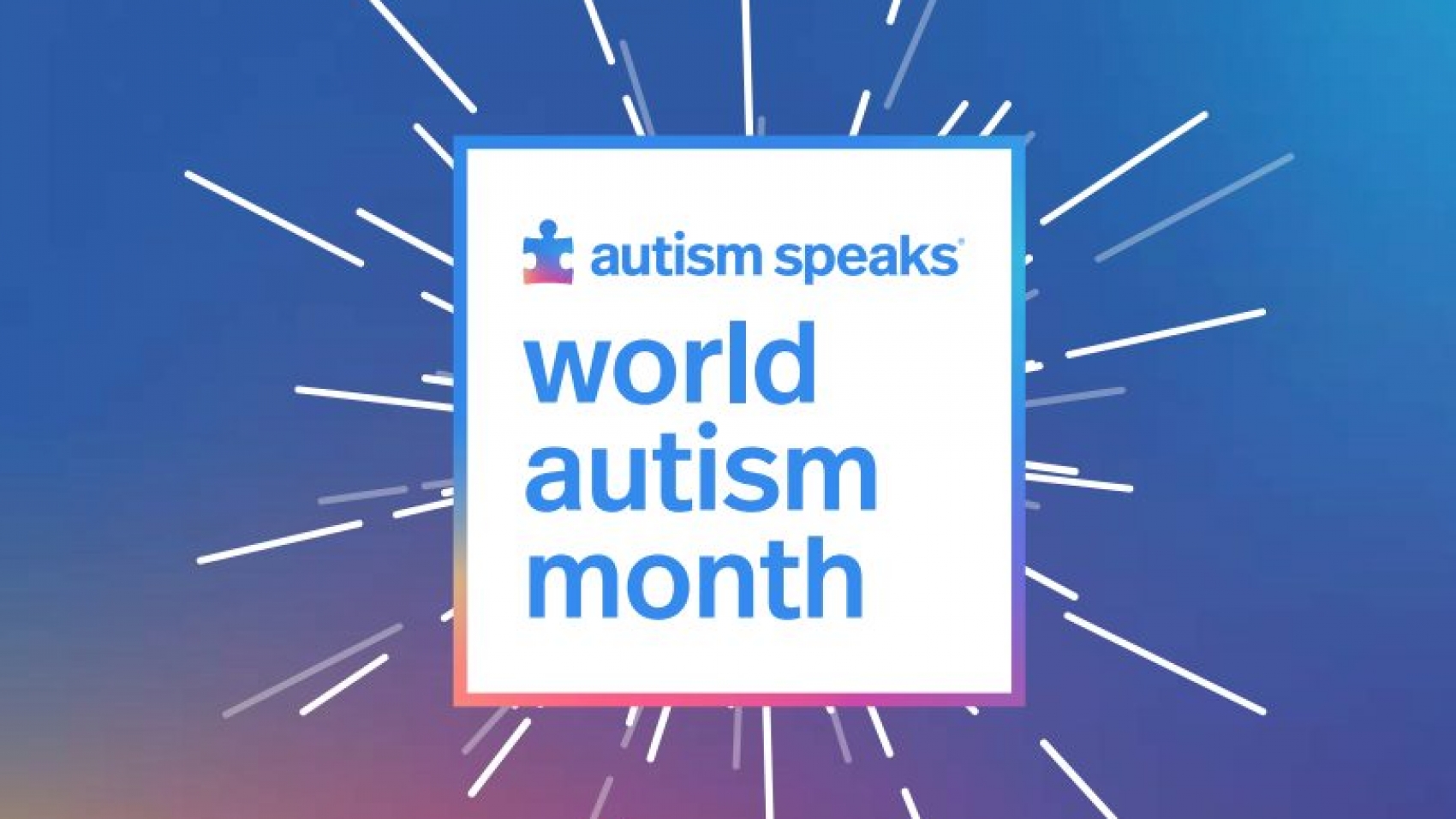Professional supervision is central to effective social work. I think we can all agree on that. It plays an important role in the wider functioning of any children’s social care organisation. It is good to see the government setting out the role of practice supervisors in its knowledge and skills statements: not much to argue with there.
Children’s social work can be highly pressured and, at times, extremely stressful. So, whether you’re a frontline social worker, team manager or working with children in another social care setting, effective supervision helps you to do your job well.
Supervision involves talking through the impact the work has on you personally, as well as exploring decision-making. It is vital for practitioners’ well-being, professional development, and management oversight. Most importantly, supervision helps you to achieve the best possible outcomes for children.
What does good ‘reflective’ supervision look like?
For Ofsted, supervision is an important part of the conversations that inspectors have with frontline workers. Has it benefited an approach to a particular case? Has it helped professional development? Inspectors will always look for evidence of the quality and impact of any supervision.
As ever, there is no particular model that works best. In the areas that do supervision well, we see many components coming together to make sure that it works.
In these places, supervision takes place in an environment and relationship that feel safe, both to the supervisor and the supervisee. It is emotionally supportive, but challenges practitioners to truly reflect on their practice and on the needs of the children and families they are supporting.
Effective supervision relationships allow practitioners to develop personally and professionally through trust, honesty and empathy. When done well, supervision contributes to how staff performance is managed, and includes practice development and teaching and coaching.
Individual supervision can also be enhanced by (but not substituted for) group support and challenge. The right balance has to be struck between recording group and individual supervision.
How supervision ‘feels’ is important
Having been both supervisor and supervisee, I know that how supervision ‘feels’ is important! The following questions are a good guide:
- Does the way I am supervised contribute to my job satisfaction and make me want to continue to work for this organisation?
- Does it make me feel that my employer cares about me and my practice?
- Does it increase my confidence, competence and critical thinking? Does it make me a more effective advocate for children?
- Does it help me make better decisions for children? Am I able to change my direction of thinking when that is the right thing to do?
If the answer to these questions is yes, supervision is probably both effective and satisfying to supervisor and supervisee alike. Even more than that, it is likely to have a direct, positive impact on children and families.
Statutory children and family social work is all about managing risks and making good-quality decisions. To do this successfully, information about risks and how they are being managed needs to be shared between social workers and their managers at all levels.
In places that do it well, supervision happens in a dedicated space and time. This is helpful for practitioners because they know when to expect it and can rely on it. It forms a regular outlet to reflect on what has gone well and what has gone less well, and to learn from both.
Do inspectors expect every child’s experiences to be explored at every supervision session? No. Supervision should always be proportionate to risk: prioritising worker’s greatest worries, but over a number of sessions, making space for all children’s experiences to be discussed.
Supervision and case records
Sector colleagues often ask me what Ofsted is looking for on a good supervision record and on a child’s case record. There is, of course, some overlap between the two, and I do not want to suggest a prescriptive approach.
For some practitioners, supervision records will include getting the basics right or compliance with practice standards. For all, it should be an ambitious expectation for the best possible interventions and a place for professional dialogue and debate.
Well-recorded practitioner files will evidence how that person’s professional development has evolved through training, skills development and knowledge, and how they have applied this in their practice with children and families. It will explore responses to stress, personal ‘baggage’ and how these impact on the person’s ability to do their job.
When it comes to a child’s record, this has to serve many audiences – not least a manager’s scrutiny and a future social worker’s ability to pick up that child’s case. Will they understand how decisions were arrived at and the rationale for particular interventions? The decision-making resulting from supervision is clearly relevant here.
Critically, that same record will be used in future years, when the child, now an adult, seeks to understand their childhood and how they came to be brought up as and where they were.
Finally, let’s never lose sight of the context of children’s social work. Children and families have a right to receive help and care from properly qualified and experienced practitioners who are continually developing their practice. Effective supervision is a cornerstone of this development, while the way it is recorded is a means of evidencing that professionalism
Source:


































